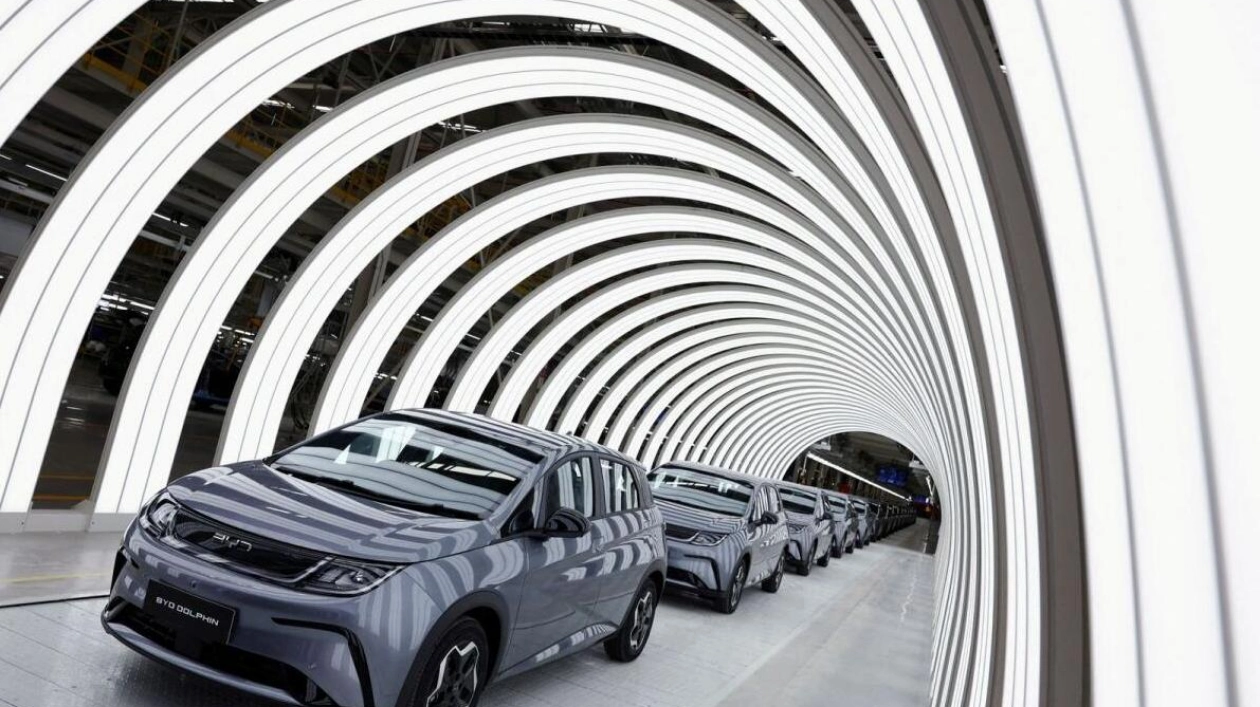Europe is expected to transition entirely to electric vehicles within a little more than ten years, yet the growth in sales of these environmentally friendly cars has stagnated in the first half of this year, according to data released on Thursday.
Data from the European Automobile Manufacturers' Association (ACEA) indicates that the overall growth in new car sales in Europe, which stood at a modest 4.4 percent, was largely driven by hybrid vehicles. Sales of non-plug-in hybrid vehicles increased by 21 percent, reaching just over 2 million units, which accounts for nearly 30 percent of the market. Sales of battery electric vehicles (BEVs) increased by 1.6 percent, totaling 954,094 units, representing 13.9 percent of the market. Petrol vehicles still hold the largest market share at 35.2 percent, but their sales decreased by 1.5 percent. Sales of diesel vehicles declined by 7.9 percent. Sales of vehicles powered by fuel cells, natural gas, liquefied petroleum gas, super-ethanol, and other alternative fuels increased by 6.9 percent.
European automakers have pledged to shift their production towards battery electric vehicles, but they have expressed disappointment over the slow growth in sales despite the introduction of more models. The slowdown in consumer adoption coincides with reduced government incentives for purchasing electric vehicles in some countries and the limited availability of affordable models for lower-income consumers.
The ACEA noted that while the European car market saw a modest expansion in the first half of the year, with sales reaching nearly 6.9 million vehicles, these figures remain significantly lower than the pre-pandemic levels. In the first half of 2018, approximately 8.7 million vehicles were sold in Europe.






